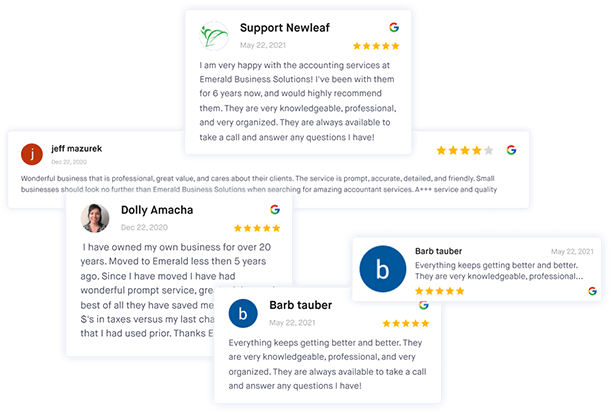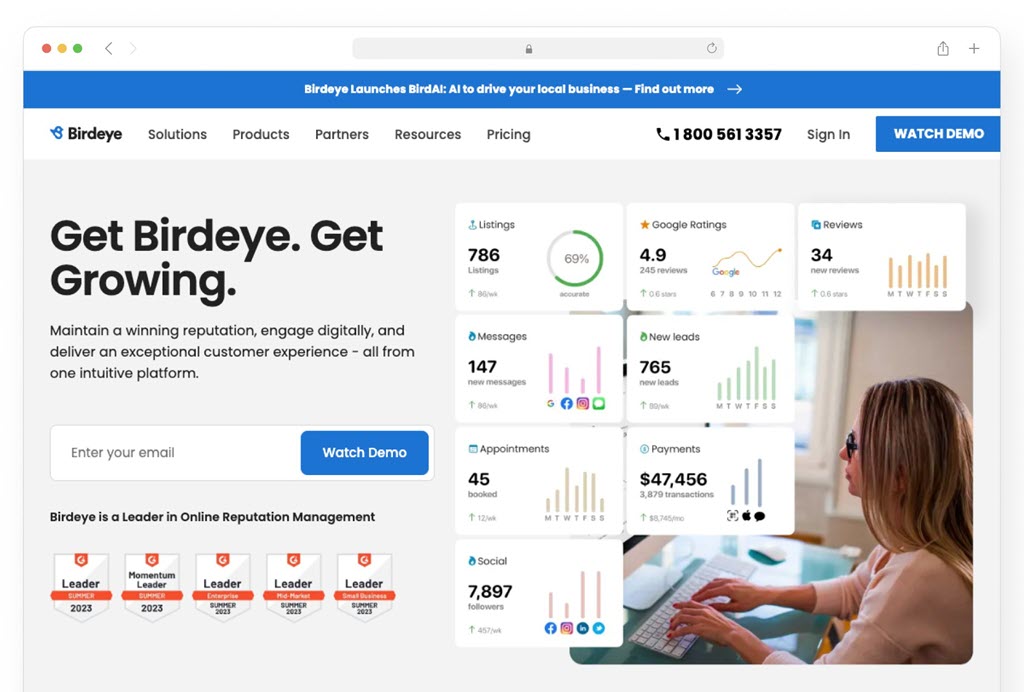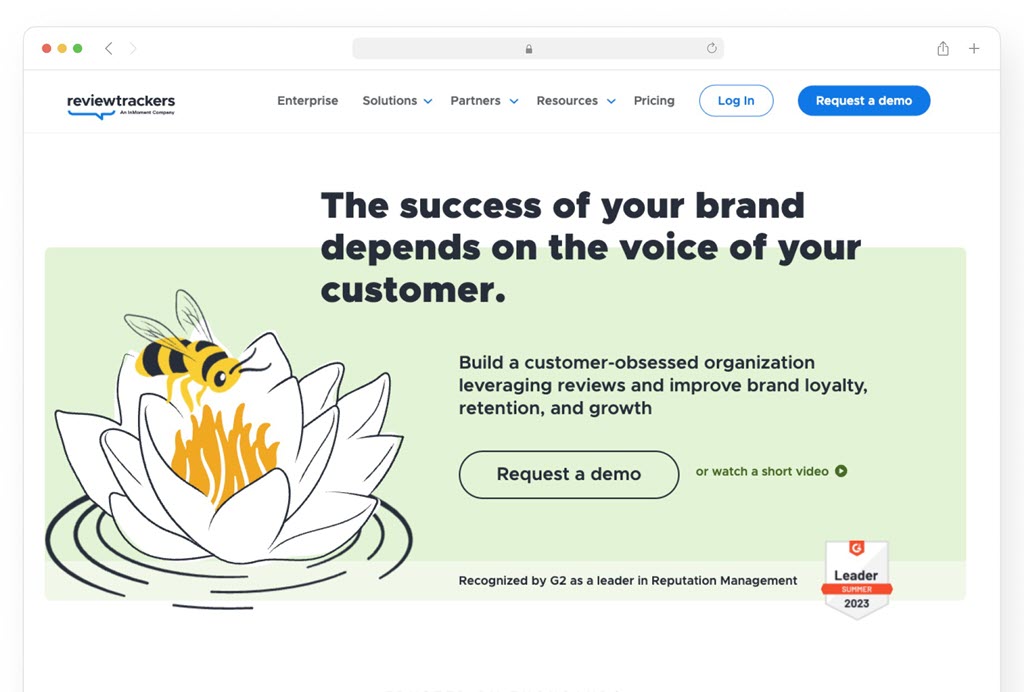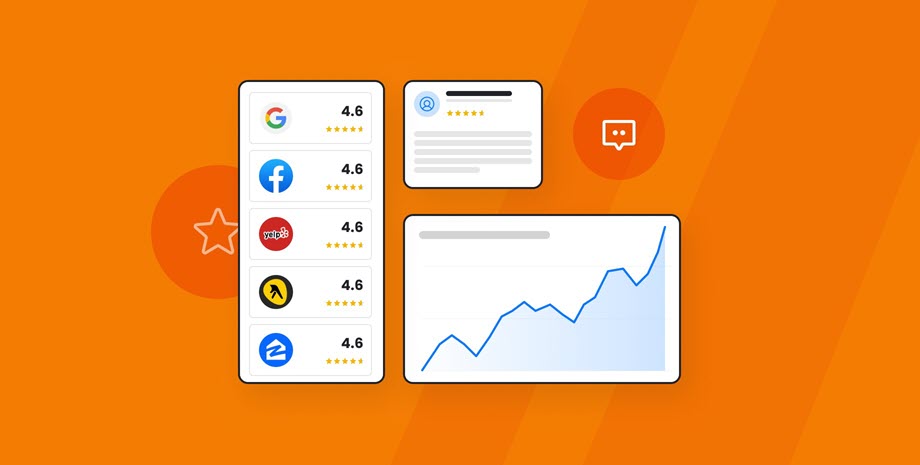The importance of brand reputation management cannot be overstated, as it can have a lasting impact on your company's bottom line.
To ensure your brand thrives and prospers, businesses must develop a comprehensive strategy that aligns with their values, philosophy, and target audiences.
By staying proactive and implementing best practices in brand reputation management, you can foster positive sentiment towards your brand and strengthen its position in the marketplace.
In this article, we’ll cover everything you need to know about brand reputation management, and how you can enact a strategy to properly monitor and ensure a shining brand image.
What is Brand Reputation Management?
Brand reputation management is a strategic approach aimed at monitoring and influencing the public perception of a brand. It is a crucial aspect of maintaining a positive image for businesses and plays a significant role in their success, as consumers increasingly rely on online reviews and social media feedback when making purchasing decisions. It encompasses the process of monitoring how consumers perceive a brand and taking action to improve its image, ensuring a positive representation in the public eye.
One key aspect of brand reputation management is the ability to identify and address potential issues before they escalate into major problems. By staying proactive and responsive to customer feedback, brands can protect their image, keep customers satisfied, and stay ahead of the competition. A robust brand reputation management plan includes monitoring and responding to online reviews, monitoring social media discussions, and even addressing negative events in the company’s history.
Managing a company’s reputation involves not just the brand's image but also how the company operates and performs. This means that companies must maintain a high level of customer service, ethical business practices, and transparency in their communication. It is essential for businesses to be consistent in their messaging, as it allows the public to build trust and develop a lasting connection with the company.

Protect your brand’s online reputation
Track, monitor, and respond to customer reviews with ReviewsOnMyWebsite.
Why is Brand Reputation Important?
Brand reputation refers to the perception and overall image customers have about a company's product or service. It is crucial for businesses to create a positive brand reputation to establish trust, build credibility, and increase customer loyalty.
One reason brand reputation is significant is that it directly impacts a company's bottom line. A solid brand reputation can lead to increased customer loyalty and repeat business, as well as attracting new customers through positive word-of-mouth and customer perception. On the other hand, a weak reputation can make it challenging to attract and retain customers, leading to a decline in sales and revenue.
Brand reputation also has a substantial effect on employee retention and recruitment. Companies with a positive reputation are more likely to attract and retain top talent, as individuals prefer to work in organizations they can trust and feel proud to represent. A strong brand reputation contributes to a positive work environment, enhancing employee productivity and satisfaction.
A solid brand reputation can help businesses mitigate negative publicity and handle crises more effectively. Companies with good reputations are often given the benefit of the doubt by customers, stakeholders, and the media. This trust provides a valuable buffer during challenging situations, helping brands protect their image and bounce back faster.
How do you measure your brand’s reputation?
Measuring your brand's reputation is vital to ensure its success, as it reflects how people perceive and think about your brand. There are various ways to measure the reputation of your brand, such as tracking online reviews, social media mentions, and conducting customer surveys.
One effective way to start is by checking your Reputation Score. This online tool provides a personalized report of your business and compares it with your closest competitors. By analyzing your score, you can gain insights into what needs to be improved and how your brand is doing compared to others in the market.
To further understand your brand's reputation, monitoring online reviews is essential. Customers trust the opinions and experiences of others, so keeping a close eye on popular review platforms can provide vital feedback on your offerings and identify areas for improvement.
Social media offers a valuable window into how the public perceives your brand. Tracking mentions and online conversations about your brand can help identify potential issues and influence your reputation management strategy. Responding to feedback and addressing concerns proactively can foster a positive image and build trust with your audience.
Another approach to measuring reputation is conducting customer surveys. These surveys can provide direct feedback on your products or services from your most valuable resource - your customers. The information gathered can help you understand your strengths and weaknesses, which in turn can be used to develop a reputation management strategy tailored to your brand.
Guide to managing brand reputation: 3 best practices for brand reputation protection
1. Assess your current brand reputation
Before embarking on a brand reputation management strategy, it is essential to understand where your brand currently stands. This involves conducting an audit of your online presence and reviewing customer feedback. Analyze online reviews, social media mentions, and even news articles that mention your brand. Additionally, consider conducting surveys or focus groups to gather insights on customer perception and concerns directly. By understanding the strengths and weaknesses of your current reputation, you can better prioritize actions and areas of improvement.
2. Establish a monitoring routine
Once you have assessed your current brand reputation, it is crucial to establish a monitoring routine to track potential issues and emerging trends. This should include monitoring social media platforms, review sites, and any other platforms where customers may discuss or rate your brand. Employ social listening tools and set up alerts for mentions of your brand or related keywords. Regular monitoring enables you to quickly respond to concerns and capitalize on positive feedback, staying informed of the ongoing conversation surrounding your brand.
Response timing matters: 70% of consumers expect a reply within 1 to 3 days—any longer, and you may lose their trust.
3. Act on opportunities for improvement
Maintaining a strong brand reputation demands continuous improvement and addressing key areas. When an issue arises, respond promptly and transparently to demonstrate your commitment to resolving the problem. Encourage customers to share their experiences online through reviews and testimonials, and engage with them on social media platforms. Additionally, consider incorporating customer feedback into product development and marketing strategies, ensuring that your brand is consistently meeting or exceeding customer expectations.
Reputation Management Software
Harnessing the power of reputation management software simplifies the process of gathering and scrutinizing reputation-related data, providing invaluable support for maintaining a pristine business or brand image.
Certain platforms incorporate sentiment analysis capabilities, enabling swift responses to potential issues.
Below are a list of the top 4 reputation management software solutions worth checking out:
1. ReviewsOnMyWebsite

ReviewsOnMyWebsite is a powerful online reputation management software that enables businesses to monitor, collect, and manage customer reviews effectively. This solution helps companies to enhance their online presence and gain valuable insights based on customer feedback.
ReviewsOnMyWebsite facilitates easy tracking of online reviews across multiple review sites, ensuring a comprehensive overview of a brand's reputation within the digital landscape.
Best Features
- Review Monitoring: Helps businesses monitor reviews from multiple platforms in real-time and respond effectively to maintain a positive online presence.
- Review Collection: Enables companies to collect feedback seamlessly from their customers through convenient channels, ensuring continuous improvement and growth.
- Online Presence Management: Assists businesses in maintaining a consistent and impactful online presence across review sites, ensuring a holistic approach to reputation management.
Pricing
ReviewsOnMyWebsite starts at $9 per month, or $7 per month if billed annually.
2. Birdeye

Birdeye is a comprehensive reputation management software designed to help businesses effectively manage their online presence, increase brand visibility, streamline customer interactions, and enhance customer relationships.
By offering a suite of tools for review generation, social media management, sentiment analysis, messaging, and analytics, Birdeye enables businesses to monitor and optimize their brand reputation across multiple media channels and make informed decisions for improvement.
Best Features
- Review Generation: Birdeye's intuitive review generation capabilities make the process of gathering and managing customer feedback easy and efficient, resulting in greater visibility and credibility for businesses
- Social Listening & Sentiment Analysis: With its robust social listening and sentiment analysis tools, Birdeye enables companies to better understand their customers' feelings and opinions.
- Messaging & Customer Engagement: Birdeye's messaging feature permits businesses to communicate directly with customers via text messaging, providing a convenient and personal touchpoint for interaction
Pricing
Birdeye’s pricing starts at $299 per month for one location.
3. Podium

Podium is a customer experience platform that enables businesses to efficiently manage their online reputation and improve brand perception. The software serves as a comprehensive communication tool, encompassing functionalities like messaging, email, and text messaging.
Designed for teams and enterprises, Podium has made a name for itself in the realm of customer feedback and online reviews management.
Best Features
- Automated review invites: Podium generates automated requests for customer feedback through email and text messaging, making it easier for businesses to gather valuable, candid reviews from their clientele.
- AI-powered response suggestions: The platform offers intelligent response suggestions to efficiently and effectively address customer feedback.
- Multi-site reputation management: Podium's centralized dashboard allows companies to monitor and manage their online reviews across various platforms
Pricing
Podiums’ pricing starts at $249 per month.
4. ReviewTrackers

ReviewTrackers is a customer experience leader and technology partner designed to help businesses with their online reputation management. This software assists companies in leveraging customer reviews, improving brand loyalty, and increasing customer retention and growth.
Best Features
- Review Collection: ReviewTrackers enables businesses to collect and consolidate online reviews from multiple review sites in one central location.
- Review Monitoring and Alerts: ReviewTrackers actively monitors online reviews and sends alerts to businesses whenever there's a new review or a change in their ratings.
- Competitive Analysis and Performance Analytics: ReviewTrackers provides businesses with competitor analysis and performance analytics, allowing them to gauge their performance against the competition and adjust their strategies accordingly.
Pricing
ReviewTracker’s pricing starts at starts at $119 per month.
Final Thoughts
Brand reputation management is an essential aspect of a company's success. Measuring a brand's reputation is also vital for understanding the impact of management efforts. Businesses can utilize tools like surveys, social media sentiment analysis, and online reputation tracking to gauge their progress and make informed decisions about their brand reputation management strategies source.

Protect your brand’s online reputation
Track, monitor, and respond to customer reviews with ReviewsOnMyWebsite.
Frequently Asked Questions
What are the key elements of brand reputation management in business?
Brand reputation management is a critical aspect of maintaining a strong image and credibility for any business. The key elements of brand reputation management include monitoring consumer perceptions, proactively addressing negative feedback, and reinforcing positive associations with the brand. It often involves a focus on online reputation in reviews, social media, and search results to ensure consistency in brand image and messaging.
What factors influence brand reputation?
There are several factors that can influence a brand's reputation, such as:
- Product or service quality: The performance and reliability of a business's offerings can significantly impact its reputation.
- Customer service: Exceptional customer service can contribute to positive brand associations, while poor service can harm a company's reputation.
- Online presence: A strong online presence through websites, social media, and authoritative content can positively affect a brand's reputation.
- Employee behavior: The actions and behaviors of employees can directly reflect on a company and influence the perception of its brand.
- Public relations and communication: How a company communicates with the public, handles controversies, and responds to crises can greatly influence its reputation.
Who should be responsible for brand reputation management in a company?
While everyone in a company should contribute to maintaining a strong brand reputation, some specific roles and teams may have a more direct responsibility for reputation management. These may include:
- Marketing team: Responsible for creating, promoting, and managing the brand image, messaging, and overall reputation.
- Public relations (PR) team: Ensures effective communication with various publics, manages potential crises, and maintains positive brand perception.
- Customer service team: Directly impacts customer satisfaction and loyalty through their interactions with the brand.
- Executives and management: Establish overall business values, ethics, and culture, which directly influence brand reputation.
What is an example of a strong brand reputation?
A strong brand reputation often involves a combination of high-quality products or services, excellent customer service, a well-maintained online presence, and a sense of trust among consumers. One example of a company with a strong brand reputation is Apple. The tech giant has consistently delivered innovative and reliable products, and participated in robust governance to maintain its image. Apple's reputation has been built through effective marketing, strong customer loyalty, and a dedication to innovation and quality.



